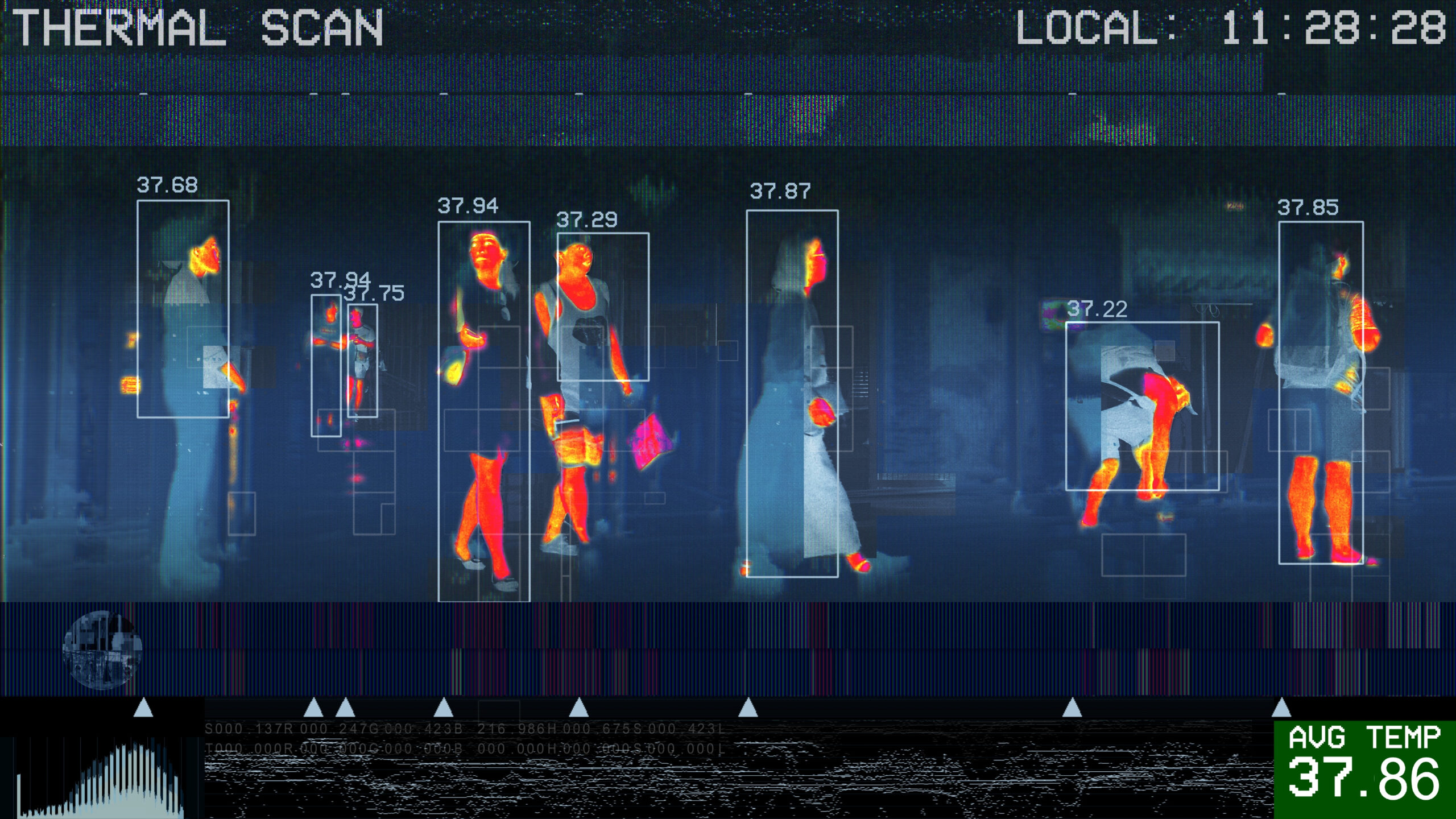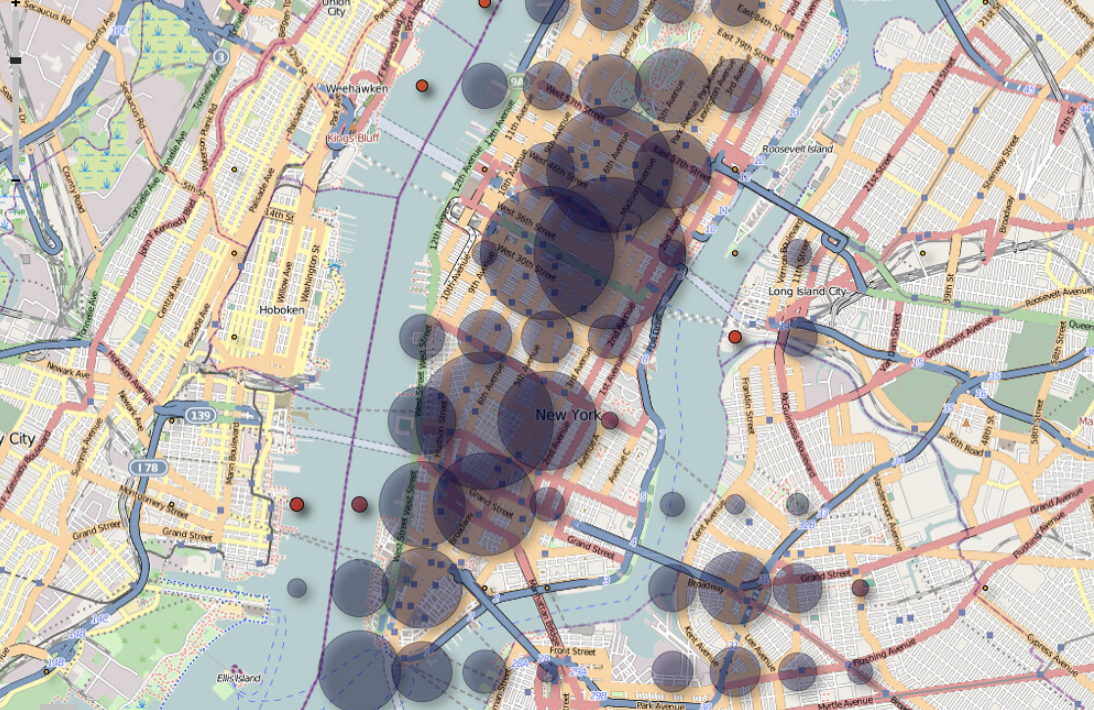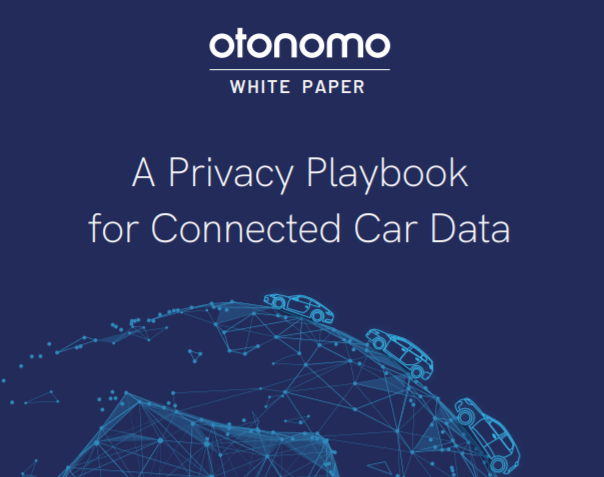
Commoditization of Data is the Problem, Not the Solution – Why Placing a Price Tag on Personal Information May Harm Rather Than Protect Consumer Privacy
This guest post is by Lokke Moerel, a Professor of Global ICT Law at Tilburg University and Senior of Counsel at Morrison & Foerster in Berlin, and Christine Lyon, partner at Morrison & Foerster in Palo Alto, California. To learn more about FPF in Europe, please visit https://fpf.org/eu. By Lokke Moerel and Christine Lyon[1] Friend and […]

Remarks on Diversity and Inclusion by Michael McCullough
Last Thursday, June 18, 2020, Macy’s Chief Privacy Officer and FPF Advisory Board member Michael McCullough spoke about diversity and inclusion at WireWheel’s Spokes 2020 conference. The Question: I’ve spoken to each of you about your views on diversity and equality, and about how that’s reflected in our privacy and data protection community. This has […]

Juneteenth
FPF is closed for Juneteenth as our staff reflects on both the history and current state of racism in America. Our social media accounts will be silent, other than to elevate voices that can help us learn and take action on issues such as equity and inclusion. In that spirit, we would like to call […]

Supreme Court Rules that LGBTQ Employees Deserve Workplace Protections–More Progress is Needed to Combat Unfairness and Disparity
Authors: Katelyn Ringrose (Christopher Wolf Diversity Law Fellow) and Dr. Sara Jordan (Policy Counsel, Artificial Intelligence and Ethics) Today’s Supreme Court ruling in Bostock v. Clayton County—clarifying that Title VII of the Civil Rights Act bans employment discrimination on the basis of sexual orientation and gender identity—is a major victory in the fight for LGBTQ […]

Thermal Imaging as Pandemic Exit Strategy: Limitations, Use Cases and Privacy Implications
Authors: Hannah Schaller, Gabriela Zanfir-Fortuna, and Rachele Hendricks-Sturrup Around the world, governments, companies, and other entities are either using or planning to rely on thermal imaging as an integral part of their strategy to reopen economies. The announced purpose of using this technology is to detect potential cases of COVID-19 and filter out individuals in […]

Artificial Intelligence and the COVID-19 Pandemic
By Brenda Leong and Dr. Sara Jordan Machine learning-based technologies are playing a substantial role in the response to the COVID-19 pandemic. Experts are using machine learning to study the virus, test potential treatments, diagnose individuals, analyze the public health impacts, and more. Below, we describe some of the leading efforts and identify data protection […]

European Union’s Data-Based Policy Against the Pandemic, Explained
Benefitting from a mature and largely harmonized data protection legal framework, the European Union and its Member States are taking policymaking steps towards a pan-European approach to enlisting data and technology against the spread of COVID-19 and to support the gradual restarting of the economy. Here is an overview of key recent events essential to […]

A Closer Look at Location Data: Privacy and Pandemics
In this series, Privacy and Pandemics, the Future of Privacy Forum explores the challenges posed by the COVID-19 crisis to existing ethical, privacy, and data protection frameworks, and will seek to provide information and guidance to companies and researchers interested in responsible data sharing to support public health response. Future posts will examine pandemic-tracking mobile […]
EU DPAs Issue Green and Red Lights for Processing Health Data During the COVID-19 Epidemic
As Europe is grappling with an exponential increase in COVID-19 cases, some European Data Protection Authorities issued public interest guidance on the limits of collecting, sharing and using personal data relating to health in these exceptional circumstances. Particular areas of concern are related to the breadth of measures that employers can legally take to monitor […]

A Privacy Playbook for Connected Car Data
Drivers and passengers expect cars to be safe, comfortable, and trustworthy. Individuals often consider the details of their travels—and the vehicles that take them between their home, the office, a hospital, their place of worship, or their child’s school—to be sensitive, personal data. The newest cars contain numerous sensors, from cameras and GPS to accelerometers […]
